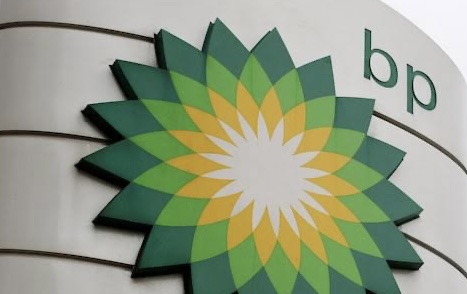KEY POINTS
- BP warns of a $600 million hit to Q3 profits due to weaker refining margins.
- Oil prices dropped 17 percent in Q3, driving lower profits for oil companies.
- CEO Murray Auchincloss faces pressure to revitalize BP’s energy transition strategy.
BP has warned that a slowdown in global fuel demand and worse refining margins might cause its third-quarter profits to decline by much to $600 million. The British oil major emphasized that its financial picture has been adversely affected by a worldwide decline in gasoline demand as well as poor oil trading outcomes.
Refining margins decline amidst lower oil prices
The global oil refining industry has faced a significant decline in profitability, with BP now expecting its earnings to take a considerable hit. After enjoying robust margins in the aftermath of the pandemic, oil companies are now experiencing the downside of a demand slowdown, which has pushed refining margins to multi-year lows.
BP’s second-quarter net income, calculated using its replacement cost profit measure, was $2.76 billion. However, the company’s outlook for the third quarter shows a stark contrast. According to Reuters, the drop in refining profits follows a broader trend, with rivals like Shell and Exxon Mobil also warning of weaker results due to falling oil prices and softer demand.
Global oil prices plummeted by 17 percent in the third quarter, marking the steepest quarterly decline in a year. Concerns about the outlook for global oil demand have played a key role in this sharp drop, affecting the entire industry.
Impact on BP’s energy strategy and leadership challenges
The earnings warning comes as BP’s new CEO, Murray Auchincloss, seeks to regain investor confidence. Since taking over the company’s leadership in January, Auchincloss has faced challenges in steering BP through its energy transition strategy, which aims to shift the company away from fossil fuels.
The plan has been met with skepticism from investors, as BP’s share price has underperformed compared to its competitors.
Year-to-date, BP’s stock has fallen by about 12 percent, while shares of Shell and Exxon have seen gains of nearly 1 percent and 23 percent, respectively. The pressure on Auchincloss to revitalize the company’s strategy has intensified, with analysts suggesting a course correction may be necessary to align with shareholder expectations.
In response to investor concerns, BP’s refining business is expected to suffer a loss of between $100 million and $300 million in the third quarter. This reflects the broader challenge the company faces in balancing its energy transition goals with profitability.
Struggles with rising debt and profitability
BP’s struggles are compounded by rising debt levels. The company expects its net debt at the end of the third quarter to be higher due to weaker refining margins and lower profitability.
In addition to its refining woes, BP’s upstream production, which includes oil and gas extraction, is projected to remain broadly unchanged from the previous quarter. During the second quarter, BP’s total hydrocarbon production stood at 899,000 barrels of oil equivalent per day.
BP’s quarterly results are scheduled to be released on October 29, and analysts will be closely watching the numbers as the company navigates the impact of weaker demand, falling prices, and investor skepticism.



